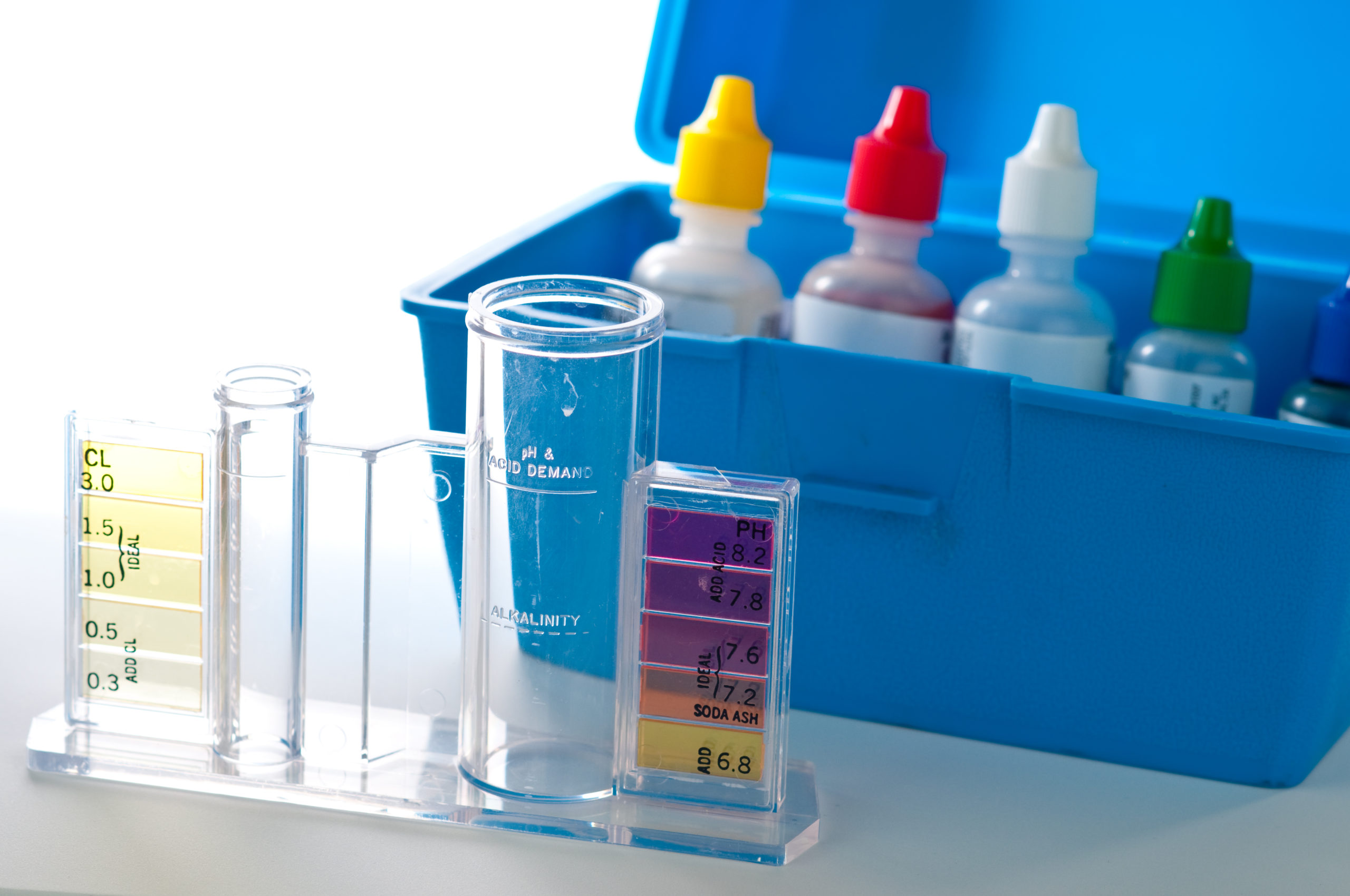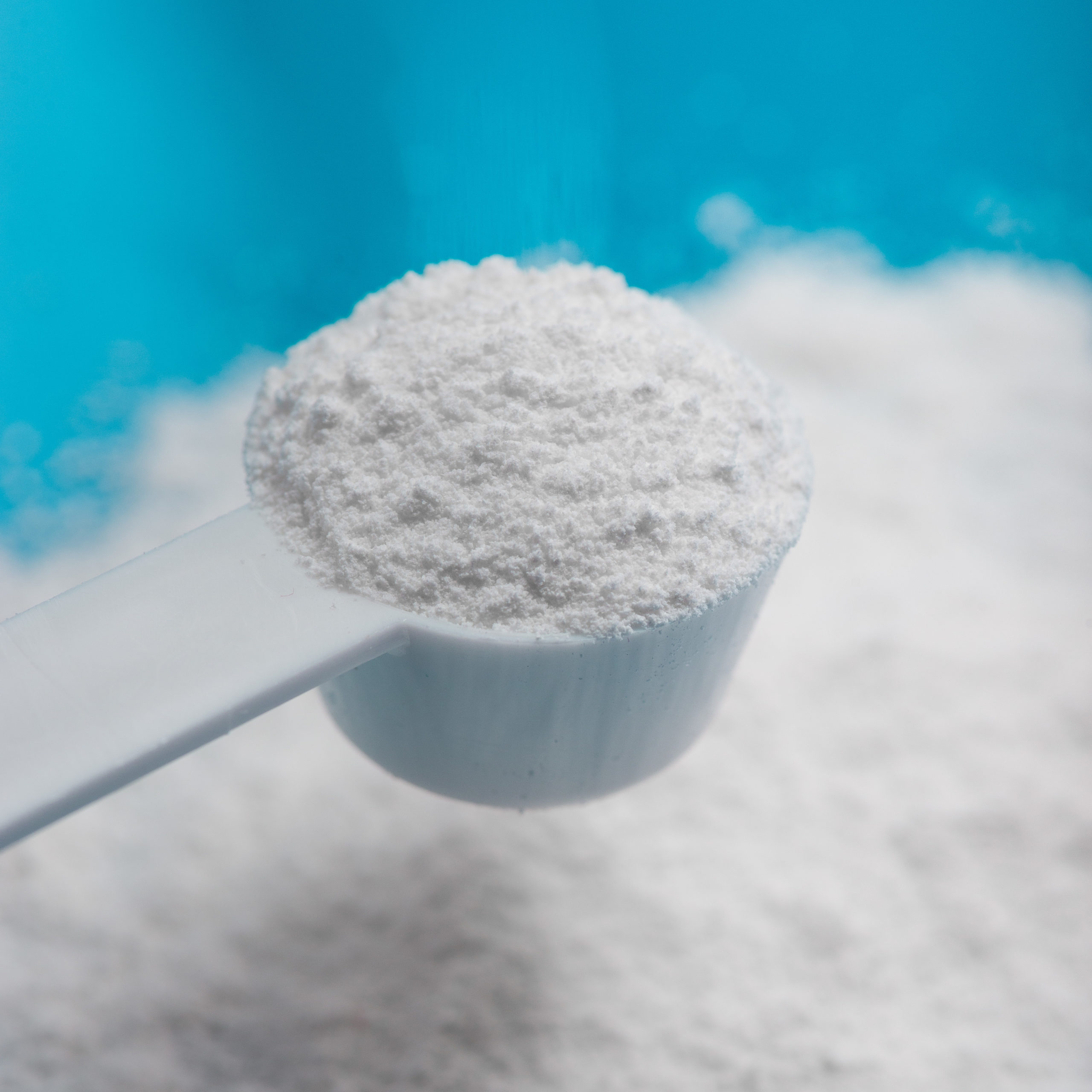You’re striving for that perfect pool balance, right?
You’ve got pH and alkalinity down, but what about calcium hardness?
It’s not just a fancy term.
If you neglect it, you’ll face some serious pool problems.
But don’t worry!
We’re here to break it down so you can master your water chemistry like a pro.
Let’s dive into the crucial role of calcium hardness in your pool water.
Understanding the Concept of Calcium Hardness
You’ve got to understand that calcium hardness refers to the amount of calcium dissolved in your pool’s water. This is a crucial factor to consider as part of your Calcium Hardness Overview. It impacts not only the clarity and overall health of your water but also the longevity and functionality of your pool equipment.

Now let’s delve into Hardness Variations, for this is where things become interesting. The desired range for calcium hardness in pools typically sits between 200 – 400 parts per million (ppm). However, these values aren’t static; they vary based on several factors including source water hardness, evaporation rate, and chemical balance.
For instance, if you’re using hard tap water (high in minerals) to fill your pool, you’ll likely experience higher levels of calcium hardness. Conversely, using soft water may result in lower levels. Evaporation can concentrate minerals leading to an increase while poor chemical balance could either raise or lower these figures.
Bear in mind that extreme variations from the desired range can cause problems such as scaling or corrosion. Therefore it’s essential you regularly test and adjust accordingly for optimal maintenance. Understanding these variables will empower you towards mastering this aspect of pool care.
The Importance of Balancing Calcium Hardness in Pool Water
It’s crucial to maintain a balance in the mineral content of your swimming hole, especially for a component like the white element that can affect both the clarity and health of your oasis. This white element, calcium, needs careful monitoring. An imbalance in calcium hardness often leads to misconceptions about its role and effects on pool water.
You must understand that disregarding the balance of calcium hardness is not an option. High levels trigger scaling, cloudiness, and could reduce the effectiveness of sanitizers. Contrarily, low levels cause corrosion of metal equipment and plaster etching.
You may have heard the misconception associating high calcium hardness with algae growth. Indeed, there’s no direct relationship between them; however, if left unchecked, high calcium levels can indirectly contribute to conditions favourable for algae growth by affecting pH stability and sanitizer efficiency.
Maintaining optimal calcium hardness prevents problems before they occur. You’ll need testing kits or digital testers for regular analysis. The ideal range lies between 200-400 parts per million (ppm). To increase it, you’d add a calcium increaser; decreasing involves partial drainage or use of sequestering agents.
Mastering this aspect ensures you’re one step closer to maintaining an inviting swimming paradise.
Effects of High Calcium Hardness Levels on Pool Water
When your oasis’s mineral content is off-kilter, particularly with that chalky element, it can trigger issues like scaling and cloudiness, hampering your swimming haven’s clarity and health. Excessive calcium levels are notorious culprits behind this scenario. They promote the formation of calcium deposits or scales on pool surfaces and equipment. These hardened deposits not only mar the aesthetic appeal of your pool but also cause severe damage to its infrastructure.
Now, let’s delve into the harms of excessive calcium. Primarily, high calcium hardness levels obstruct water flow in pipes by developing scales within them. This results in decreased efficiency of your filtration system and increased maintenance costs. Moreover, it could lead to skin irritation for swimmers due to a higher pH level induced by surplus calcium.
However, you’re not helpless against this menace; effective strategies for calcium scaling prevention exist that you should implement diligently. Regular testing of water hardness allows early detection of imbalances before they escalate into serious problems. Also consider utilizing sequestering agents-they bind excess minerals together thereby preventing scale formation-and remember to maintain an optimal pH level as it reduces scaling tendencies significantly.
How to Measure and Adjust Calcium Hardness in Your Pool
Let’s now explore how to gauge and tweak mineral balance in your aquatic retreat.
The initial step is applying hardness testing methods, which involve a titration kit with reagents that react specifically with calcium. You’ll add the reagent drops to a water sample until the color changes, indicating you’ve reached the end-point of the test. Counting the number of drops used gives you an approximation of your pool’s calcium hardness level.
Now, if high levels are detected, it’s time for calcium reduction techniques. Initial steps can include adding sequestering agents or flocculants that bind with excess calcium, allowing it to be vacuumed out or caught by your filtration system. Alternatively, consider dilution – replacing some pool water with fresh water that has lower calcium content.
Lastly, remember this: maintaining proper pH and alkalinity also plays a key role in managing calcium hardness because these factors affect how much calcium remains dissolved in the pool versus precipitating out as scale deposits.
Mastering these processes will ensure not only clear and inviting waters but also longer lifespan for your pool equipment. Your aquatic haven deserves nothing less!
Tips for Maintaining Optimal Calcium Hardness in Pool Water
Maintaining the perfect balance of minerals in your swimming haven isn’t just a one-time task. You’ve got to continually check and adjust levels for optimum quality. This includes keeping tabs on calcium hardness. Too much or too little can cause issues. High levels lead to scale formation and cloudiness, while low ones result in corrosion and pitting of concrete surfaces.
Hardness Reducing Techniques provide effective solutions. You could dilute the pool with softer water, but this might not be practical for large volumes. Alternatively, consider using a commercial hardness reducer. These products contain chelating agents that bind with calcium ions, preventing them from causing harm.
In terms of Calcium Alternatives, they’re worth exploring as well. Magnesium-based products are gaining popularity due to their numerous benefits over traditional calcium chloride treatments. Magnesium doesn’t contribute as heavily to overall hardness and is less likely to cause scaling at high concentrations.
Nonetheless, it’s crucial to understand that these techniques aren’t cure-alls but tools in your maintenance arsenal. Regular testing remains vital. Only then can you accurately determine what adjustments are necessary for optimal water balance – an essential aspect of masterful pool management.

Frequently Asked Questions
What Are the Potential Health Risks Associated With High Calcium Hardness in Pool Water?
High calcium hardness can cause skin dryness and irritation. You’ll need to use hardness removal methods to mitigate these risks. It’s essential you understand calcium’s skin impact for maintaining optimal pool health conditions.
How Frequently Should I Test My Pool Water for Calcium Hardness?
You should test your pool water for calcium hardness monthly. Consider hardness reduction techniques if levels are high. Be mindful of natural calcium sources like tap water that can increase hardness.
Can Calcium Hardness in Pool Water Affect the Efficiency of Pool Equipment?
Absolutely, calcium hardness can affect your pool equipment’s lifespan. High levels lead to scaling and blockages, reducing efficiency. Regularly testing and applying hardness remedies will safeguard your equipment and maintain its proper functioning.
Are There Any Environmental Factors That Can Influence the Calcium Hardness of My Pool Water?
Yes, environmental factors like rainfall, temperature, and evaporation can affect your pool’s calcium hardness. Using hardness control methods is crucial to prevent algae growth impact and protect your equipment.
What Are the Recommended Calcium Hardness Levels for Saltwater Pools?
In saltwater maintenance, your calcium testing should reveal levels between 200-400 ppm. It’s crucial for preventing corrosion or scale formation, ensuring optimal pool health and prolonging the life of your equipment.
